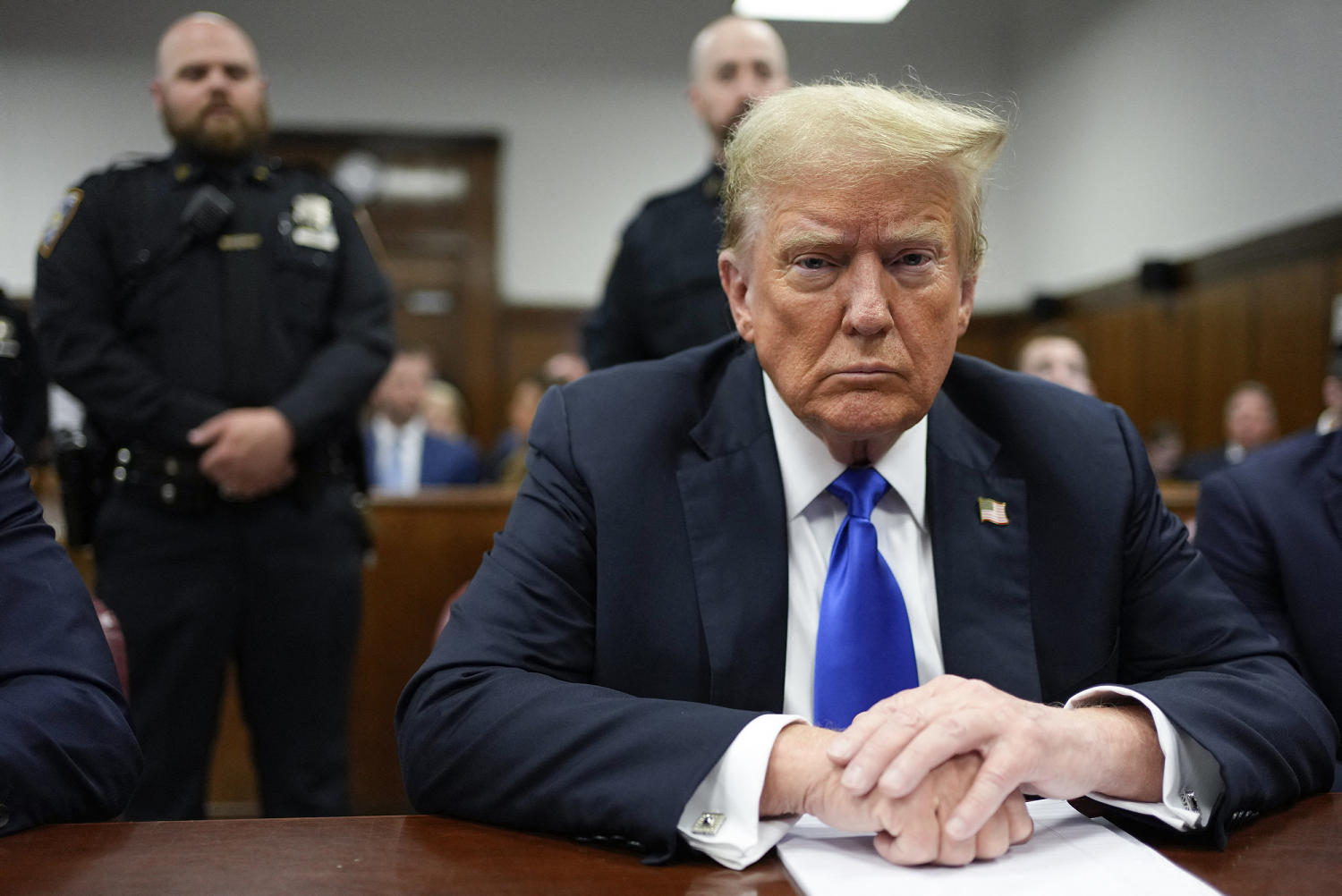
Lawyers for former President Donald Trump filed two briefs with the Appellate Division First Department in New York, arguing that the civil fraud case prosecuted against Trump earlier this year was flawed, that there were no victims and that the case had passed the statute of limitations.
The two briefs, filed late Friday night, included many of the same arguments Trump’s lawyers have made in the past in this case.
“President Trump’s business partners were delighted with these transactions. They benefited enormously, making over $100 million in profits,” attorneys Cliff Robert and Alina Habba argue in a 46-page last-ditch attempt to prevent Mr. Trump from having to pay what they call the “egregious and unconstitutional” $485 million dollars civil fraud judgment.
It’s the latest update in a months-long appeals saga that began after a judge ruled that Trump and members of his family had engaged in a scheme to improperly inflate his assets in financial statements, which allowed Trump to take advantage of favorable loan and insurance rates he may not have otherwise been entitled to.
Habba and Robert argued, once again, that none of Trump’s business partners were deceived and, in fact, were paid back on time or early, “in stark contrast to today’s loan market, where defaults are at an all-time high.”
As they forcefully did during the three-month trial, Robert and Habba disputed the court’s valuation of Mar-a-Lago at between $18 million and $27 million. The lawyers said the property is valued at over one billion dollars.
They also said that the statements of financial condition that were at the center of state Attorney General Letitia James’ case against Trump underestimated the values of President Trump’s assets, arguing that his net worth is far greater than the statements reflect.
In their filing last week, New York state lawyers urged the appeals court to uphold the nearly $500 million fine, arguing there is overwhelming evidence that Trump lied for years about his wealth and saying that his appeal is full of “meritless legal arguments” ignoring volumes of trial evidence showing that he and his co-defendants engaged in “fraud and illegality on an immense scale.”
A separate brief filed by Trump’s attorneys relates to sanctions imposed on the trial attorneys who represented Trump, arguing that the trial court erred in imposing the sanctions against counsel for what they say were “good faith” legal arguments.
“It is perfectly proper for an attorney to make arguments that a trial judge may disagree with in order to preserve same for appellate review,” argued attorney Brian Isaac in the brief.
Oral arguments before the Appellate Court are set to begin on Sept. 26.





